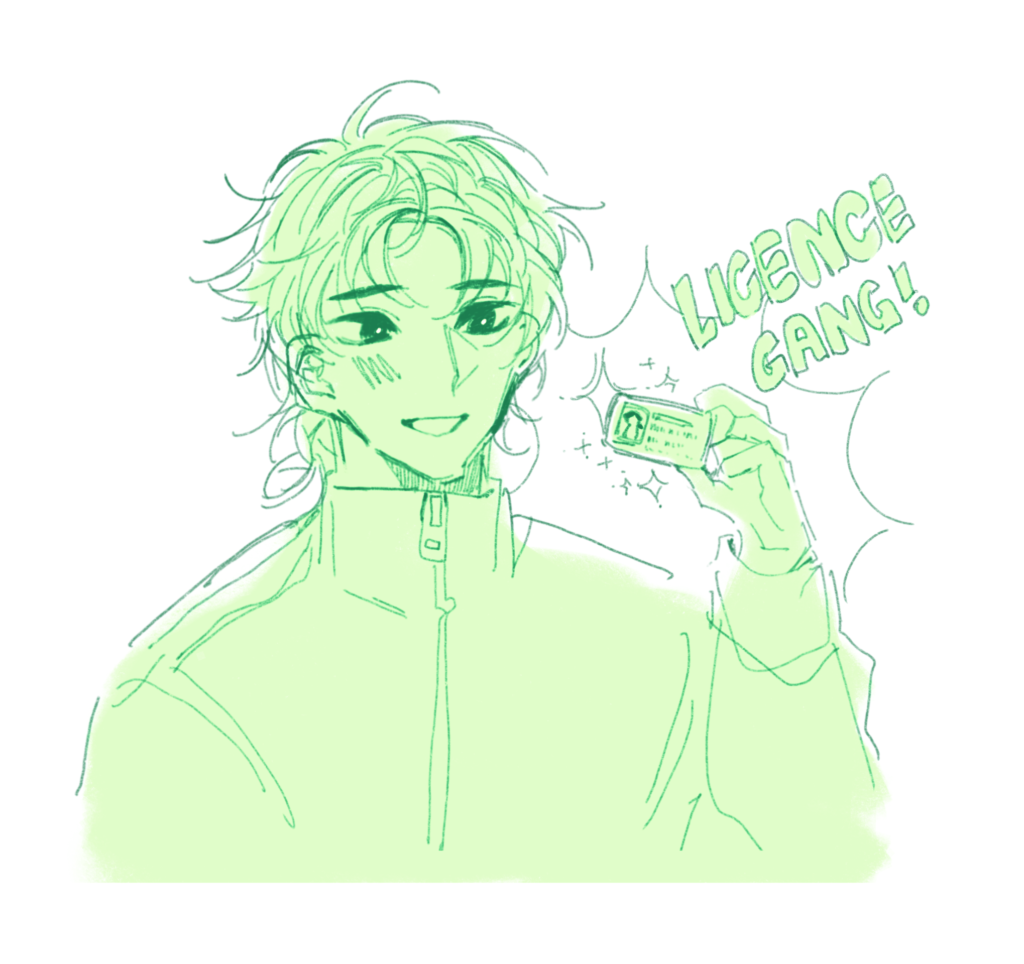My car slowly edged down the street as I anxiously gripped the steering wheel and began my first driving lesson with my driving instructor calmly telling me directions in the passenger seat.
My fear was justified. Driving is a scary thing: In the U.S. alone, around 40,000 people died in 2020 due to car crashes, a fact that plagued my mind as the lesson progressed.
This lesson came two weeks after I passed my written exam and started driving in my sophomore year, halfway through the second semester. It was one month after I turned 15 and a half, the cutoff age for receiving a permit. Six months later, after dozens of hours of practice with my instructor and parents, I passed the license test (a short loop around Los Gatos Downtown), albeit with few mistakes. With a new driver’s license in hand, I could drive around without bothering my parents every time I wanted to leave the house.
Learning to drive is time-consuming and expensive, and it should be considered a privilege. Even so, I think teens should learn to drive as soon as possible and not delay the difficult process. Among other benefits, teen drivers enjoy more freedom and earn their parents’ trust (as long as the car doesn’t crash).
Driving yourself can save your parents from having to deal with the constant hassle of being your personal taxi service, which they have graciously done for you since you were born. Personally, I drive myself to and from my art classes, which saves my parents an extra half hour they used to spend on the road with me.
For those who are under 18, getting a driving instructor might be one of the only drawbacks of driving early — other than the hefty insurance that your parents will pay. Teens are more inclined to make rash decisions, so insurance companies charge a premium.
But as a qualified driver, I haven’t gotten into an accident yet (even though there may have been some close calls), so as long as you’re not sleep-deprived or intoxicated and don’t speed, chances are that you’ll be OK.
Take it from me: Driving as a sophomore is just better than driving as a junior when free time becomes scarce. As a junior, you’ll be under the weight of AP testing as well as heavy-load classes, on top of extracurriculars. What better use to spend all that extra time in your sophomore year than to learn driving?
Additionally, the driving permit expires within a year if you don’t pass your road test, so trying to get your license when you are bogged down with a busy course load will only lead to an expired permit, meaning that you will have to retake the permit test all over again.
After junior or senior year, the only time left before college to dedicate to learning to drive would be the summer after you graduate, as you would be busy with college and summer internships afterwards. By that point, you’re rushing to get your license, and since no one likes the feeling of pressure, I would advise you just get it done earlier to save yourself the stress.
Additionally, you can be a chauffeur and drive your friends around after one year. As a full-fledged driver who got her license shortly after I turned 16, I can say it saved both me and my parents multiple trips back and forth from classes, school and other activities. All things considered, you’ll be doing yourself — and your parents — a huge favor.


























